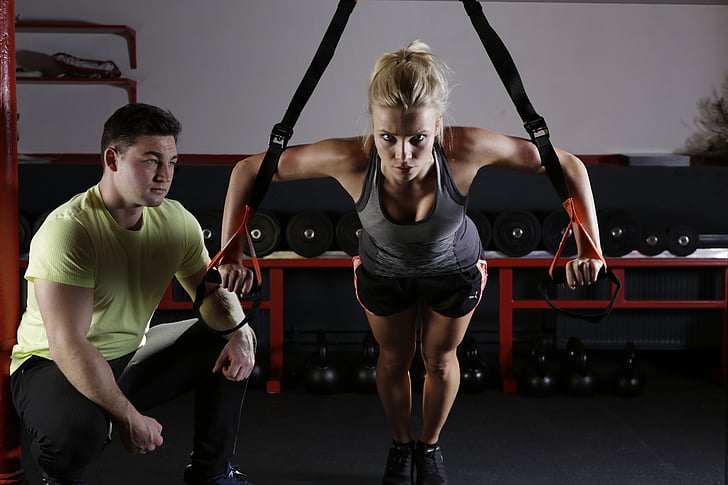The Portrayal of Fitness on Social Media
Although social media has the potential to be a powerful tool for inspiring people to live better lives, it also has the ability to promote unhealthy weight loss habits and unrealistic body ideals.
The popularity of social media sites has drastically altered how people consume and publicize fitness information. Twitter, Facebook, TikTok, and Instagram have evolved into powerful platforms for promoting wellness, fitness, and health over the recent years. However, the digital age has not only revolutionized the way we, as consumers, take in this information. It has also raised concerns about how social media portrays fitness.
On social media, fitness is frequently portrayed as an idealistic lifestyle choice requiring self-control, commitment, and effort. Fitness celebrities, personal trainers, and enthusiasts post their workout routines, diet plans, and progress images on social media to encourage and push their followers to live healthier lives.
Despite the inspirational value, the way fitness is portrayed on social media can be harmful and deceptive. A handful of fitness influencers and celebrities on social media advocate for unrealistic and unattainable body ideals, which can often lead to eating disorders, body shaming, and poor self-image in consumers.
According to a study conducted by the University of South Australia, using social media sites such as Instagram can make people feel bad about their bodies and increase body dissatisfaction. The study also found that women who spend more time on social media are more likely to engage in unhealthy fitness and eating habits, as well as compare their bodies to those of others.
In addition, fitness influencers on social media frequently promote dangerous and ineffective fad diets and weight loss pills. According to a study published in the Journal of Adolescent Health, teens who follow social media influencers who advocate unhealthy weight loss strategies are more likely to adopt these habits themselves. This could potentially lead to harmful mental and physical effects, such as eating disorders.
The benefits of exercise and fitness for health may be diminished if an excessive emphasis is placed on aesthetics and physical appearance. Fitness should not be about achieving a specific body type or size, but about improving overall health, strength, and wellness.
The representation of fitness on social media has both positive and negative consequences. Although social media has the potential to be a powerful tool for inspiring people to live better lives, it also has the ability to promote unhealthy weight loss habits and unrealistic body ideals.
It is critical to prioritize healthy, sustainable behaviors and be aware of any potential negative effects social media may have on fitness. Being aware of these negative consequences can help prevent consumers of social media from practicing unhealthy habits.


